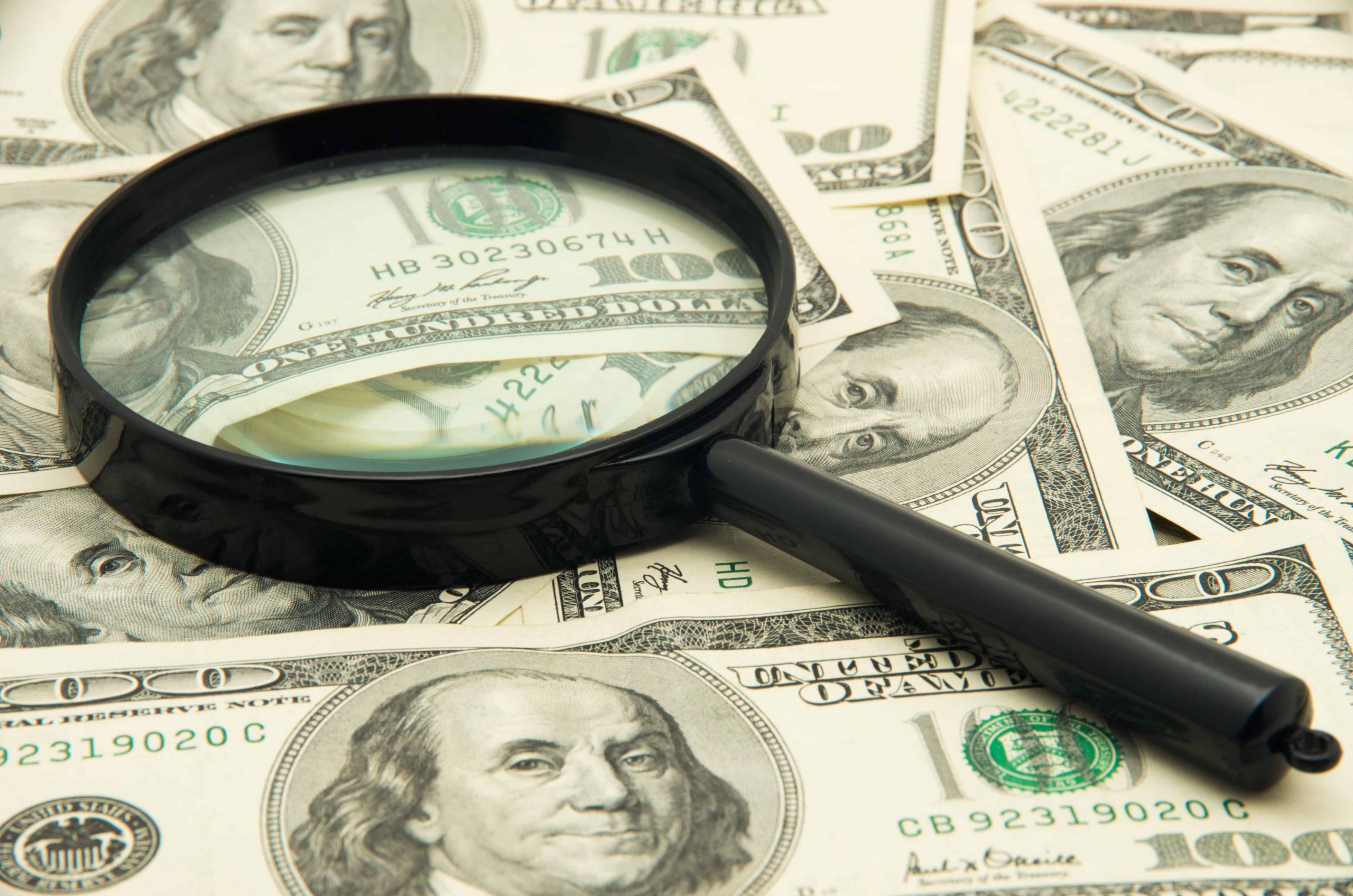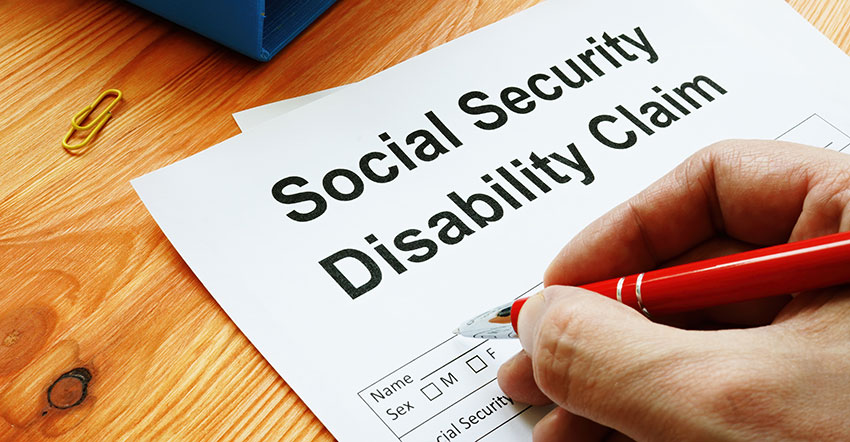Have you ever had that weird feeling that you misplaced something and you do not remember what it is and where you left it? That could actually be your brain trying to remind you of your unclaimed money. A lot of Americans are due some sort of unclaimed property whether that be money or something else. In fact, for every 7 people, there is at least 1 person that has unclaimed property, according to the National Association of Unclaimed Property Administrators (NAUPA).
Unclaimed Properties are What, Exactly?
Before you make a dent in your savings, you should find out what unclaimed properties are and if you might have some lying around. Unclaimed property means properties that have been “abandoned” from businesses or financial institutions. In order for a property to be considered abandoned, it will need to be inactive for a certain period of time. The inactivity time frame is better known as a dormancy period. After this time passes, the state considers the property as unclaimed and the state takes it over. By law, the property needs to be turned over to the state until the owners of the properties reclaim it. There are a lot of people out there that have unclaimed property that belongs to them.
Different Forms of Unclaimed Properties
Two forms of unclaimed property are tangible properties and intangible properties. The most frequent form of unclaimed property is intangible. This includes uncashed paychecks or stocks. In contrast, the contents of a safety deposit box would be a type of tangible unclaimed property. There are many other kinds of tangible and intangible unclaimed properties, including:
- Annuities
- Deposit certificates
- Checking and savings accounts
- Safety deposit box content
- Traveler’s checks
- Trust distributions
- Uncashed dividends and payroll checks
- Customer overpayments
- Insurance payments or refunds and life insurance policies
- Mineral royalty payments
- Refunds
- Stocks
- Unredeemed money orders or gift certificates (in certain states)
- Security deposits for utilities
How Can You Look For Unclaimed Money?
The good thing about unclaimed property is that it isn’t that hard to find. That’s because there are so many kinds of unclaimed properties out there. There are a lot of ways to find them. Additionally, you can always find them through a broad search engine. There might not be a website from the federal government that looks for unclaimed money across the United States. Instead, there are other ways to look for them, specifically through official state government databases. They can support people to find unclaimed property that belongs to them. Make sure to look at the NAUPA website to locate your state’s search engine. Remember that each state operates differently, which means that they have their own guidelines. Other than using a tool to look through states, you can also consider other ways to look for unclaimed money, like:
- Your Former Boss or Employer
- Refunds from Taxes
- Any Banking and Investments You Made
- Foreign Sources
Your Former Boss or Employer
If you suspect that you are due money from a former employer, then you can go about searching for these funds in several ways. For unpaid wages, you can always find assistance through the United States Department of Labor (DOL). The DOL can retrieve any back wages that your boss owes you. However, that is only in the case that your boss did not follow labor laws. If you want to find out whether you have back wages or not, then you should look through the DOL website.
However, if you believe that your former boss owes you pension money, the Pension Benefit Guaranty Corporation will help you find this out. The Pension Benefit Guaranty Corporation (PBGC) has a website that allows people to find out whether they have an unclaimed pension. If the company you used to work for is out of business or ended a pension plan, you might be in luck.
Refunds from Taxes
If you think you are eligible for a tax refund, you should go to the Internal Revenue Service (IRS). On the IRS’s website, you can find out if you are due for a tax refund.
Any Banking and Investments You Made
You can find unclaimed money in a lot of places. However, the most common sources for banking and investment unclaimed money come from:
- Bank or Credit Union Failures
- Savings Bonds
- SEC Claims Funds
With bank failures, you can find your unclaimed money from the Federal Deposit Insurance Corporation (FDIC). On the other hand, you can find your unclaimed money from credit union failures on the National Credit Union Administration (NCUA).
Enforcement cases are when companies or individuals need to pay their investors money, which leads to unclaimed funds from the Securities and Exchange Commission (SEC). If you want to find out whether you have any unclaimed money, you can look at SEC’s website. Also, you can find out whether you have unclaimed money from matured savings bonds that no longer earn interest on the treasuryhunt.gov website.
Foreign Sources
International locations might be another source of properties that you did not claim. A lot of Americans might find unclaimed money from international locations. You can use the United States Department of Treasury website to find your foreign claims.
Overall
In conclusion, there might be unclaimed properties out there that rightfully belong to you. If you have any financial properties inactive for a year or more, then the state takes over the property. Once the state takes over the property, they consider it as unclaimed property or money. To be clear, it is not free money. It is your money, it just has to be reclaimed.
There are different kinds of unclaimed properties that you might have forgotten about. If you want to find out if you have unclaimed properties or money, then you can look through several sources.
Additionally, you should think of this as a reminder to always remain in control of your finances. Once you control your finances, it will be easier to improve your financial situation. At the very least, you should at least stay on top of updating your contact information!




